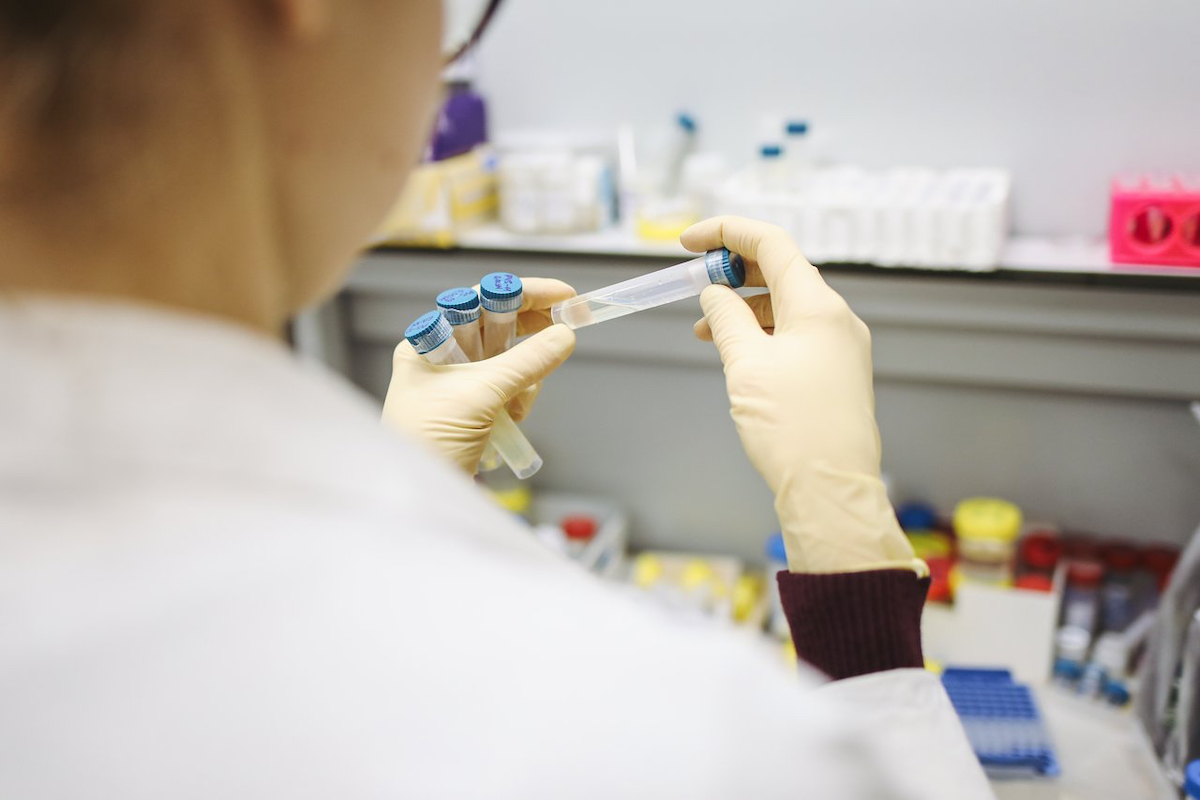There’s a handful of reasons why the Philadelphia region has been (perhaps unfortunately) dubbed Cellicon Valley in the last few years, and a new report from the Chamber of Commerce for Greater Philadelphia and economic consulting firm Econsult Solutions has ID’d them all.
In the report, which looked at 14 large cell and gene therapy hubs in the US, Philadelphia ranked as the runner up, just behind Boston, as the top spot for research and innovation in this space. Other metro areas such as New York and San Francisco scored the third and fourth spots on the list. The report shouts out early local work, including the first FDA-approved gene (Luxturna) and cell (Kymriah) therapies developed here at Spark Therapeutics and the University of Pennsylvania, respectively.
“The Philadelphia region is increasingly attracting new and expanding cell and gene therapy companies because it checks all the boxes, but it’s the region’s research infrastructure as defined by NIH-funded cell and gene therapy research and its large number of research institutions that give it the edge,” said Claire Marrazzo Greenwood, executive director and CEO of Council for Growth and SVP of economic competitiveness for the Chamber, in a statement.
See the reportThe study compared cell and gene therapy hubs for their research infrastructure, human capital, innovation output, commercial activity and value proposition. Here’s why Philly ranked high:
Research infrastructure
Because Philly is home to four Tier 1 universities, 93 higher ed institutions, and tons of hospitals and research institutions, it scored second in research infrastructure. The region scored first for most National Health Institute funding, and the report said 302 gene or cell therapy patents had been approved in the last decade. In 2021, the region was home to 15,400 jobs in pharmaceutical manufacturing, and it pulled in $4.2 billion in venture capital funding since 2018.
Human capital
The talent coming from the high number of universities and colleges and more than 450,000 students in the region also ranked the region high for human capital. Of this, a whopping 54% stay in the region. R&D jobs in the field have also increased more than 100% in the last five years.
Innovation output
Philadelphia also scored high for its innovation output, meaning the region produces a large amount of intellectual property in the cell and gene therapy space. As the “birthplace” of the industry, the report says, the region is currently home to 302 granted patent and 130 clinical trials now underway.
Commercial activity
The large amount of attention cell and gene therapy has gotten from investors in the last four years also ranked the region high in commercial activity. Within the past few years, two local cell and gene therapy companies — Passage Bio and Cabaletta Bio — have also completed IPOs, raising more than $260 million combined. Cell and gene therapy companies also make up a significant portion of Philly’s commercial real estate, leasing about 12 million square feet, with about 9 million planned in construction projects.
Value proposition
And Philadelphia’s value proposition, or cost to do business, helped the region rank so highly, the report said. The region attracts families and talent with cultural institutions, culinary scene and schools. Plus, life sciences office space rentals (averaging about $58 per square foot) were very affordable next to cities like San Francisco (at $78 per square foot).
“Greater Philadelphia is an extremely livable region, boasting some of the world’s best museums, top-notch restaurants, and large open spaces at a comparatively affordable price,” Econsult said in its summary.







